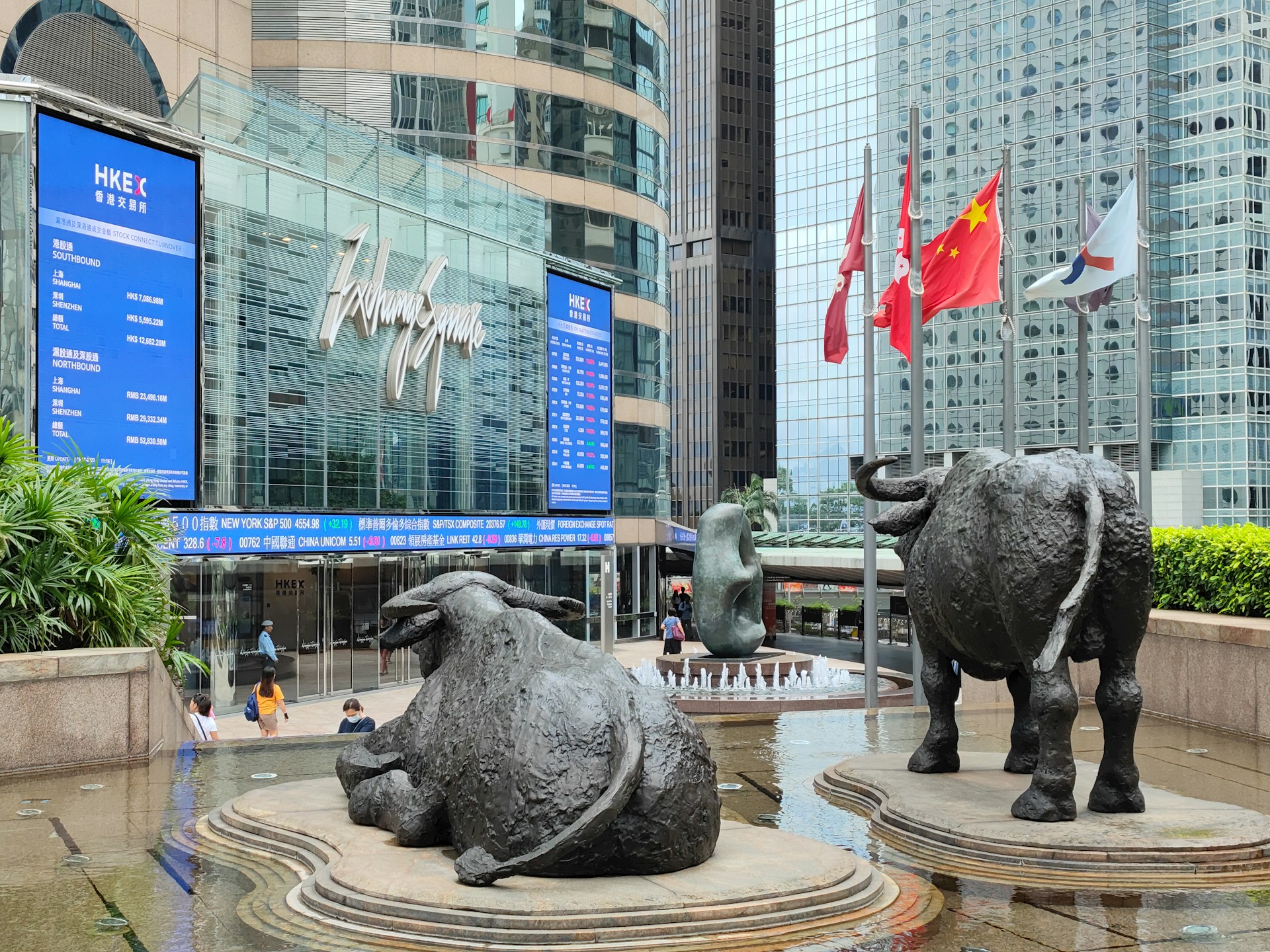While Wall Street flirts with new highs, Hong Kong stocks are taking a deliberate breather. The Hang Seng Index pulled back modestly after recent gains, pausing as investors brace for two pivotal market signals: the next US Federal Reserve decision and an incoming wave of corporate earnings. But this pause isn’t a retreat. It’s strategic recalibration—and it reveals a lot about where confidence resides right now, and where it doesn’t.
This isn’t about panic selling or sudden disillusionment with China’s recovery narrative. It’s about information asymmetry and capital optionality. When investors hold their breath ahead of key policy guidance or profit announcements, it typically signals not fear, but a desire for greater clarity before recommitting capital. And in Hong Kong’s case, the restraint is amplified by global crosswinds and domestic fragility.
For a market still shaking off years of COVID-era underperformance, regulatory bruises, and capital flight, this cautious intermission feels almost rational. The larger story isn’t the dip—it’s what capital is waiting for, and where else it might go if clarity doesn’t come.
Hong Kong’s recent rally—largely driven by tech-led momentum and mainland reopening optimism—was already showing signs of fatigue. The rally began to plateau as stronger US economic data revived rate hike speculation, tightening the global liquidity narrative just as Chinese macro indicators sent mixed signals.
The People's Bank of China has sent dovish cues in recent months, but Hong Kong’s monetary policy is effectively imported via the US dollar peg. That puts the Hang Seng Index in a difficult bind: aligned with mainland corporate fundamentals but structurally tied to US interest rates. The result? A decoupled logic, where Chinese growth optimism must coexist with Fed-led monetary pressure.
Now, with US inflation prints still sticky and the Fed entering its final policy window before the US election cycle, traders in Hong Kong are pricing in less upside from stimulus hopes—and more volatility from global policy friction.
The pause in Hong Kong equities isn’t panic. It’s patience. Earnings season is about to test some of the loftier valuations assigned to tech, property, and consumer plays. Many funds are watching how companies will defend margin assumptions amid weaker mainland consumer sentiment and geopolitical strain.
At the same time, regional capital allocators—particularly sovereign funds and Gulf investors—are reassessing East Asia allocations not just on macro fundamentals, but on market structure. Liquidity depth, corporate governance, and exit optionality still lag in China-linked equities compared to US or even India plays. Hong Kong, by extension, remains exposed to those structural perceptions, even as it tries to reassert its role as a global financial gateway.
Until these market quality questions are met with credible earnings or policy reassurance, the default stance is not retreat—but a cautious hold.
What’s especially telling is how diverged capital behavior has become. US markets are buoyant, with AI-fueled tech optimism overpowering macro doubt. In contrast, Asian markets are more selective and fragmented. Japanese equities have rallied behind corporate governance reforms. Indian markets are holding firm on domestic demand strength. But Hong Kong is drifting—not yet weak, but not yet convinced.
That divergence reflects a deeper confidence gap. Western markets are betting on innovation narratives and fiscal expansion. Asian markets, particularly those tied to China, are still looking for durable policy clarity. Beijing’s messaging remains incrementally supportive, but investors want commitment—fiscal expansion, not pilot signals.
In the absence of that, many global funds are still treating Hong Kong as an option, not a conviction play. That means slower rotations in, quicker exits out, and tighter stop-loss strategies across regional desks.
This market posture isn’t just about one week of trading. It points to how strategy desks now think about allocation to Hong Kong: cautiously tactical, rarely structural. The market is being treated as a vehicle for short-duration exposure—not long-horizon positioning. And until rate visibility improves and earnings confirm resilience, that won’t change.
It also signals a growing reliance on US macro signals—even in Asian capital behavior. The fact that Hong Kong’s breather is tied so closely to the Fed underscores how deeply interlocked capital markets remain. Monetary divergence may be shrinking, but its downstream effects—on equity positioning, currency flows, and sovereign hedging—are still sharply felt.
If the Fed signals a prolonged pause or if earnings underwhelm, capital may shift not just out of Hong Kong, but deeper into yield-bearing alternatives. Bonds, dividend-heavy equities, and private capital structures all become more attractive in environments of uncertainty.
In short, this pause is a mirror—not just of market nerves, but of the strategic caution now embedded in regional investor playbooks.















